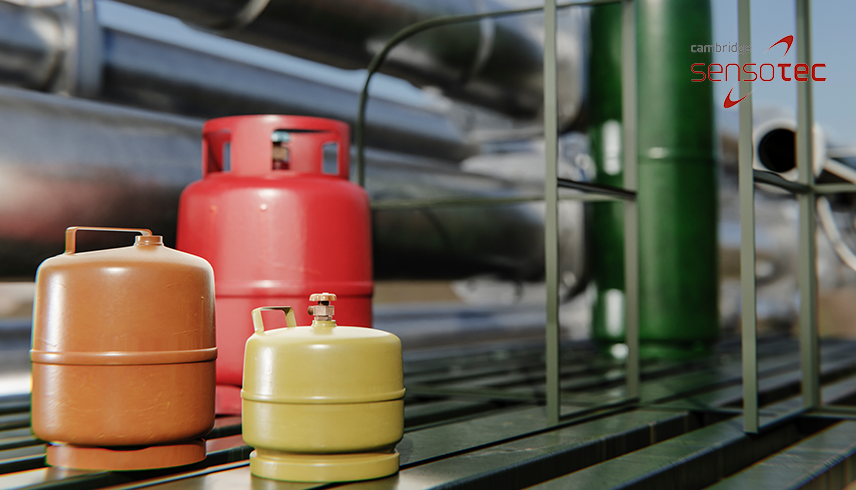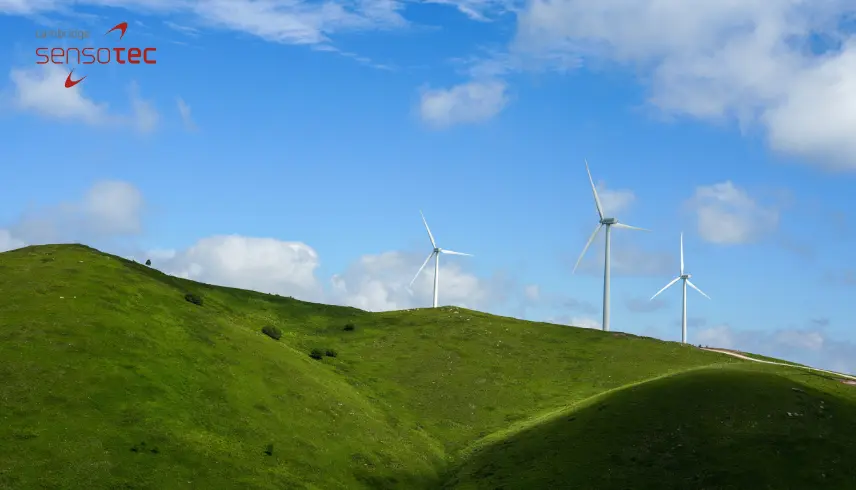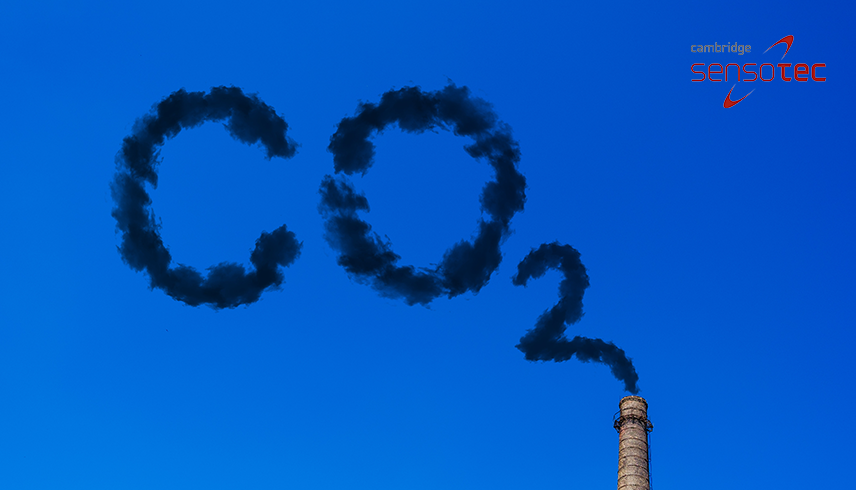

How the R7100 Hydrogen Analyser Revolutionises Green Energy
Introduction
As the global transition to renewable energy accelerates, hydrogen is emerging as a cornerstone of clean power solutions. Its role in fuel cells, energy storage, and industrial decarbonisation continues to expand. However, harnessing hydrogen’s potential requires more than just production capacity. Precision, safety, and consistency are essential. This is where the Rapidox R7100 hydrogen analyser plays a pivotal role.
Designed for high-performance hydrogen analysis, the R7100 is engineered to support demanding applications across the green energy sector. From fuel cell development and hydrogen production to storage and distribution, the analyser delivers accuracy and reliability.
Meeting the Demands of Green Hydrogen Projects
Green hydrogen, produced via electrolysis using renewable energy, has become a focus for governments, research bodies, and private energy providers. However, impurities in hydrogen can severely affect fuel cell efficiency, equipment lifespan, and regulatory compliance. Accurate and continuous monitoring is essential. Cambridge Sensotec has explored these challenges in more depth in Innovations in Hydrogen Analysis, highlighting how advanced technologies support green hydrogen growth.
The R7100 hydrogen analyser offers:
- High sensitivity to detect trace impurities
- Real-time data output for dynamic control
- Multi-gas capabilities for versatile deployment
- Robust design for industrial environments
These features make it ideal for integration into electrolyser systems, hydrogen filling stations, and pilot-scale production facilities.
R7100 Hydrogen Analyser Case Studies and Global Applications
Across Europe, Asia, and North America, the R7100 has been adopted in various government-funded and commercial green hydrogen projects. For instance, Germany supports a hydrogen fuelling station pilot that aims to reduce reliance on fossil fuels. In India, it’s used in academic research into hydrogen combustion, contributing to breakthroughs in clean propulsion systems. Meanwhile, in the United States, it’s being tested in a clean energy initiative focused on grid-scale hydrogen storage and integration into renewable-heavy energy grids.
By providing accurate readings and robust performance, the R7100 enables stakeholders to refine production processes, comply with emissions standards, and reduce operational risks. These capabilities reflect broader industry trends discussed in our article on SIL2 Gas Analysers in Pharmaceuticals, where safety-critical gas analysis intersects with regulatory compliance.
Enhancing Safety with the R7100 Hydrogen Analyser
Safety remains a top priority in hydrogen handling. Because hydrogen is colourless, odourless, and highly flammable, even minor leaks or contamination can result in catastrophic consequences. Therefore, continuous and precise gas monitoring is critical.
Fortunately, the R7100 hydrogen analyser delivers exactly that. With high stability and exceptional precision, it ensures gas systems remain within strict safety margins. Furthermore, its integrated self-diagnostic features provide early alerts in the event of irregularities. As a result, operators can take preventive action before any risks escalate, reinforcing safety protocols.
In addition to preventing hazards, the analyser plays a key role in meeting international safety certifications. This is particularly important for companies operating across borders, where safety requirements may vary by region. By integrating the R7100, organisations can confidently demonstrate their compliance with ISO, IEC, and other global standards. This not only enhances credibility but also streamlines access to new markets and collaborative projects.
Integrating the R7100 Hydrogen Analyser with Green Technologies
The R7100 has been engineered for seamless integration into modern systems. Not only are its outputs compatible with SCADA systems, PLCs, and remote monitoring platforms, but they also support adaptive control mechanisms.
For example, in Japan, the analyser has been deployed in an offshore hydrogen research facility, where remote telemetry and minimal maintenance access made reliability paramount. Additionally, in Scandinavia, it facilitated mobile diagnostics across decentralised hydrogen production hubs, offering flexible use in varied environments.
Moreover, the analyser’s intuitive interface reduces the learning curve for technical teams. Its rugged build quality ensures dependable performance in harsh conditions, while its low calibration drift minimises servicing costs. This durability echoes the versatility demonstrated in applications such as glove box oxygen measurement, where maintaining gas purity in controlled environments is equally essential.
Future-Proofing with the R7100 Hydrogen Analyser for Net-Zero Goals
The global hydrogen economy continues to evolve rapidly. In response, companies are under pressure to meet net-zero goals while maintaining efficiency and regulatory alignment. Because hydrogen technology remains in flux, measurement tools must offer long-term adaptability.
To this end, the R7100 provides modular sensor options, firmware updates, and compatibility with evolving digital platforms. In doing so, it gives energy providers and researchers the confidence to scale their systems without fear of obsolescence.
Furthermore, operators can benefit from remote diagnostics and cloud-based analytics when paired with compatible systems. As a result, data becomes central to planning, reporting, and improving hydrogen infrastructure.
In a recent European pilot project, the R7100 enabled continuous data collection during large-scale hydrogen blending trials in natural gas pipelines. This level of insight would not have been possible with conventional sensors. Similar applications in Australia and South Korea are also testing the analyser in off-grid solar-hydrogen hybrid systems, showing the R7100’s versatility in emerging energy landscapes.
Cambridge Sensotec continues to support innovation in clean energy. Read more about our ongoing work in Innovations in Hydrogen Analysis or explore our range of hydrogen analysers for further applications. The R7100 exemplifies this by offering a robust, future-ready tool trusted across the industry.
Conclusion: Why the R7100 Is Vital for Green Energy
Green energy systems require accurate, dependable analysis tools to function safely and efficiently. Without such tools, it is difficult to maintain safety, meet regulatory thresholds, or optimise hydrogen yield. The R7100 hydrogen analyser from Cambridge Sensotec delivers the performance, flexibility, and precision that modern hydrogen projects demand. As global momentum builds around renewable integration and energy resilience, the R7100’s capabilities offer the confidence that operators need.
In addition to its analytical strength, the R7100 supports sustainability goals by reducing waste and improving resource management. Its precise readings enable more efficient hydrogen production, helping organisations lower their carbon footprint. Furthermore, its long-term reliability means fewer replacements and reduced environmental impact from equipment manufacturing and disposal.
The analyser’s role in emerging green hydrogen applications, such as ammonia synthesis, e-methanol production, and hydrogen-powered public transport, demonstrates its wide-ranging impact. As these technologies scale, so does the importance of dependable measurement.
Its success in global deployments makes it a trusted asset in advancing green hydrogen initiatives. From supporting regulatory compliance to boosting process efficiency, the R7100 helps organisations push the boundaries of clean energy.
Learn more about Cambridge Sensotec’s wider range of solutions supporting gas analysis for R&D and emerging energy markets.


